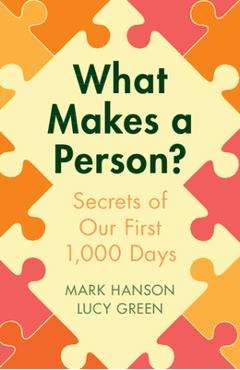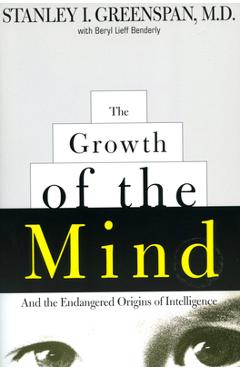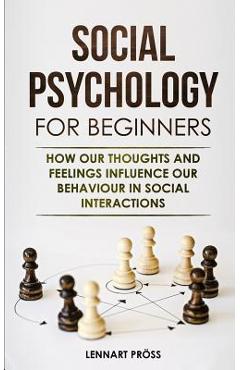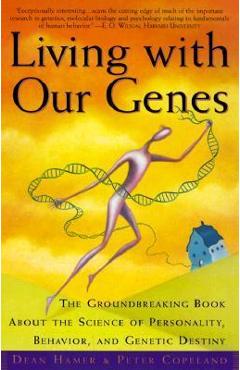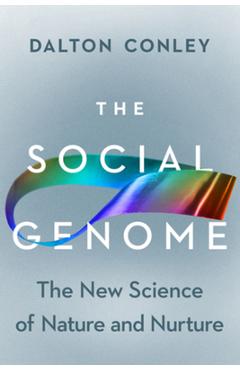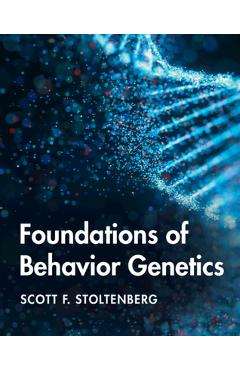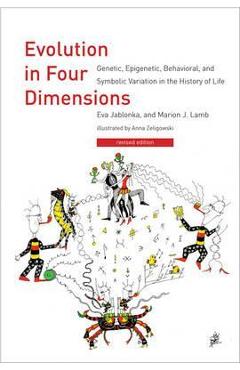The Developing Genome: An Introduction to Behavioral Epigenetics
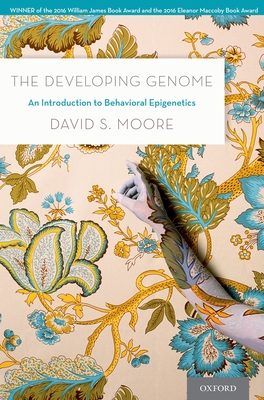
The Developing Genome: An Introduction to Behavioral Epigenetics
Why do we grow up to look, act, and feel as we do? Through most of the twentieth century, scientists and laypeople answered this question by referring to two factors alone: our experiences and our genes. But recent discoveries about how genes work have revealed a new way to understand the developmental origins of our characteristics. These discoveries have emerged from the new science of behavioral epigenetics--and just as the whole world has now heard of DNA, "epigenetics" will be a household word in the near future. Behavioral epigenetics is important because it explains how our experiences get under our skin and influence the activity of our genes. Because of breakthroughs in this field, we now know that the genes we're born with don't determine if we'll end up easily stressed, likely to fall ill with cancer, or possessed of a powerful intellect. Instead, what matters is what our genes do. And because research in behavioral epigenetics has shown that our experiences influence how our genes function, this work has changed how scientists think about nature, nurture, and human development. Diets, environmental toxins, parenting styles, and other environmental factors all influence genetic activity through epigenetic mechanisms; this discovery has the potential to alter how doctors treat diseases, and to change how mental health professionals treat conditions from schizophrenia to post-traumatic stress disorder. These advances could also force a reworking of the theory of evolution that dominated
twentieth-century biology, and even change how we think about human nature itself. In spite of the importance of this research, behavioral epigenetics is still relatively unknown to non-biologists. The Developing Genome is an introduction to this exciting new discipline; it will allow readers without a background in biology to learn about this work and its revolutionary implications.
PRP: 284.59 Lei
Acesta este Pretul Recomandat de Producator. Pretul de vanzare al produsului este afisat mai jos.
256.13Lei
256.13Lei
284.59 LeiLivrare in 2-4 saptamani
Descrierea produsului
Why do we grow up to look, act, and feel as we do? Through most of the twentieth century, scientists and laypeople answered this question by referring to two factors alone: our experiences and our genes. But recent discoveries about how genes work have revealed a new way to understand the developmental origins of our characteristics. These discoveries have emerged from the new science of behavioral epigenetics--and just as the whole world has now heard of DNA, "epigenetics" will be a household word in the near future. Behavioral epigenetics is important because it explains how our experiences get under our skin and influence the activity of our genes. Because of breakthroughs in this field, we now know that the genes we're born with don't determine if we'll end up easily stressed, likely to fall ill with cancer, or possessed of a powerful intellect. Instead, what matters is what our genes do. And because research in behavioral epigenetics has shown that our experiences influence how our genes function, this work has changed how scientists think about nature, nurture, and human development. Diets, environmental toxins, parenting styles, and other environmental factors all influence genetic activity through epigenetic mechanisms; this discovery has the potential to alter how doctors treat diseases, and to change how mental health professionals treat conditions from schizophrenia to post-traumatic stress disorder. These advances could also force a reworking of the theory of evolution that dominated
twentieth-century biology, and even change how we think about human nature itself. In spite of the importance of this research, behavioral epigenetics is still relatively unknown to non-biologists. The Developing Genome is an introduction to this exciting new discipline; it will allow readers without a background in biology to learn about this work and its revolutionary implications.
Detaliile produsului











